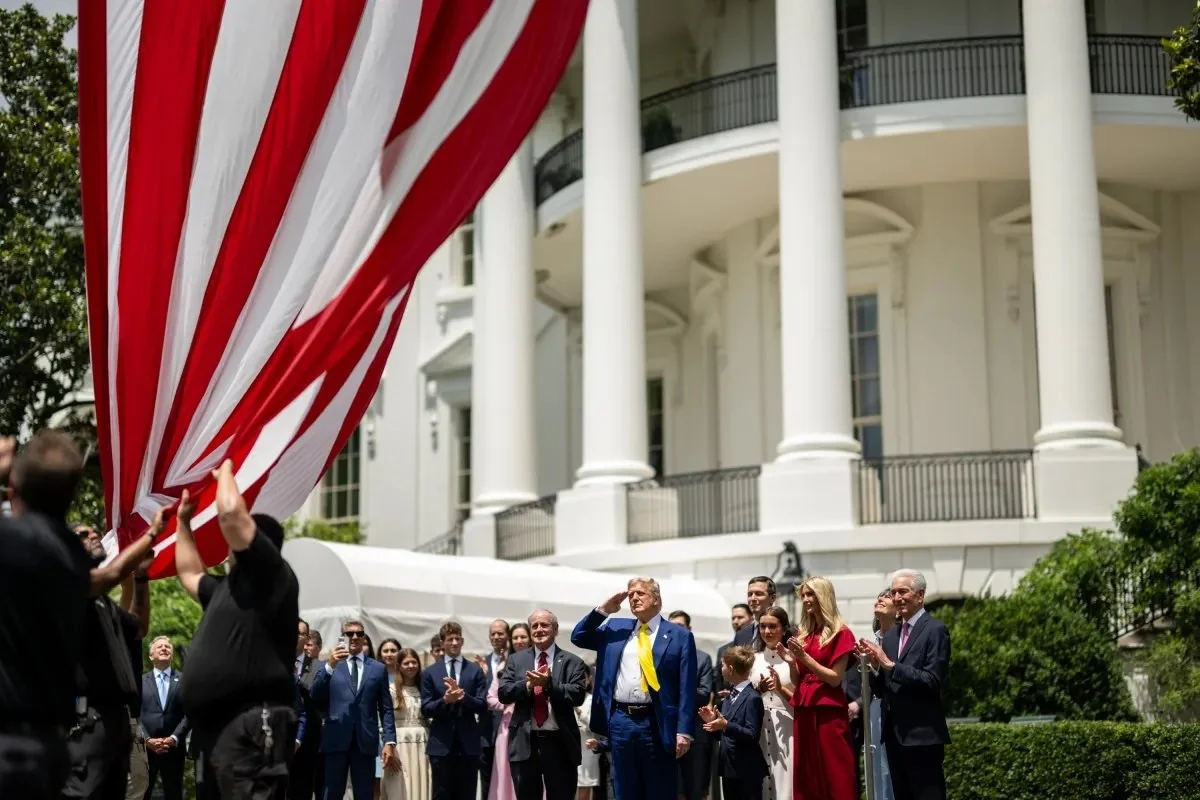Florida's Sunshine?

Ben Everidge for Thomas
Photo Credit: Adobe Stock By Gabriele Maltinti
How Local Politicians Are Living Large on the Public Dime—Legally …
When the Orange County, Florida Comptroller released his audit of Visit Orlando and the Orlando Area Sports Commission, it confirmed what many in Central Florida had long suspected: a stunning lack of oversight and ethical accountability in how tourism marketing dollars are spent—and who benefits.
The most shocking revelation? None of it may be illegal.
Local officials - mayors, commissioners, and senior staff - have been enjoying lavish travel, first-class dinners, and luxury perks for years, often on the justification of “economic development” or “tourism promotion.”
These benefits, funneled through nonprofit contracts and third-party sponsorships, fall through the cracks of Florida’s ethics laws. And unlike their federal counterparts, local leaders operate under far looser standards.
This is not just a problem for Orange County. It’s a systemic flaw that exists across many counties and cities nationwide.
A Tale of Two Standards
At the federal level, ethics compliance is stringent.
Federal officials are barred from accepting gifts over $20 from most sources and must pre-clear and disclose any third-party travel. Violations are publicly reported and often penalized.
But in local government? The system is disturbingly permissive.
Florida’s state ethics laws prohibit gifts from lobbyists and mandate quarterly disclosures, but only up to a point. If a luxury dinner or overseas trip is classified as part of a contractual tourism or promotional expense, it escapes scrutiny altogether.
Visit Orlando and similar tourism agencies are not regulated lobbyist entities under the law. They can, and do, invite public officials to elite events and global junkets, with public funds hidden under the banner of “business development.”
“It’s a two-tiered ethics system,” one former ethics officer noted. “Federal officials would lose their jobs for what some local officials call Monday.”
Closing the Ethics Gap
What’s needed now is more than an audit. It’s reform. And it starts with aligning local rules with federal standards.
Three steps for closing the loophole:
Mandatory Pre-Clearance & Disclosure
Require all elected officials - local, state, or federal - to disclose gifts or travel valued over $50. Pre-approval from an independent ethics body should be standard practice.Independent Oversight for Counties & Cities
Establish regional or state-level ethics boards empowered to review local official conduct, especially around public-private contracts.Tie Public Funding to Ethics Compliance
Make receipt of state or federal tourism funds contingent on strong local ethics laws and enforcement.
Sunshine in government isn't optional. It’s foundational.
Sidebar: “The Legal Gray That Isn’t So Gray”
What Florida Law Says
Fla. Stat. § 112.313 prohibits gifts or perks intended to influence an official, but exempts official business, tourism promotion, or events under public contracts.
Fla. Stat. § 112.3148 requires gift disclosures—unless the gift is part of a contracted service.
What Federal Law Says
18 U.S.C. § 201 criminalizes even small gratuities for federal officials.
5 C.F.R. § 2635 bars almost all gifts from “prohibited sources,” including travel, meals, and entertainment.
Travel from outside groups must be publicly approved and disclosed in detail.
What This Means
Unless reform is enacted, your county commissioner could accept a luxury suite at the Super Bowl from a tourism nonprofit using public funds, and never report it.
Final Word
Ethics shouldn’t be flexible. Public officials should not enjoy different rules based on which level of government they serve. Local voters deserve the same integrity, transparency, and accountability that federal taxpayers demand.
If Orange County is the tip of the iceberg, we better start steering. The collision is coming.




